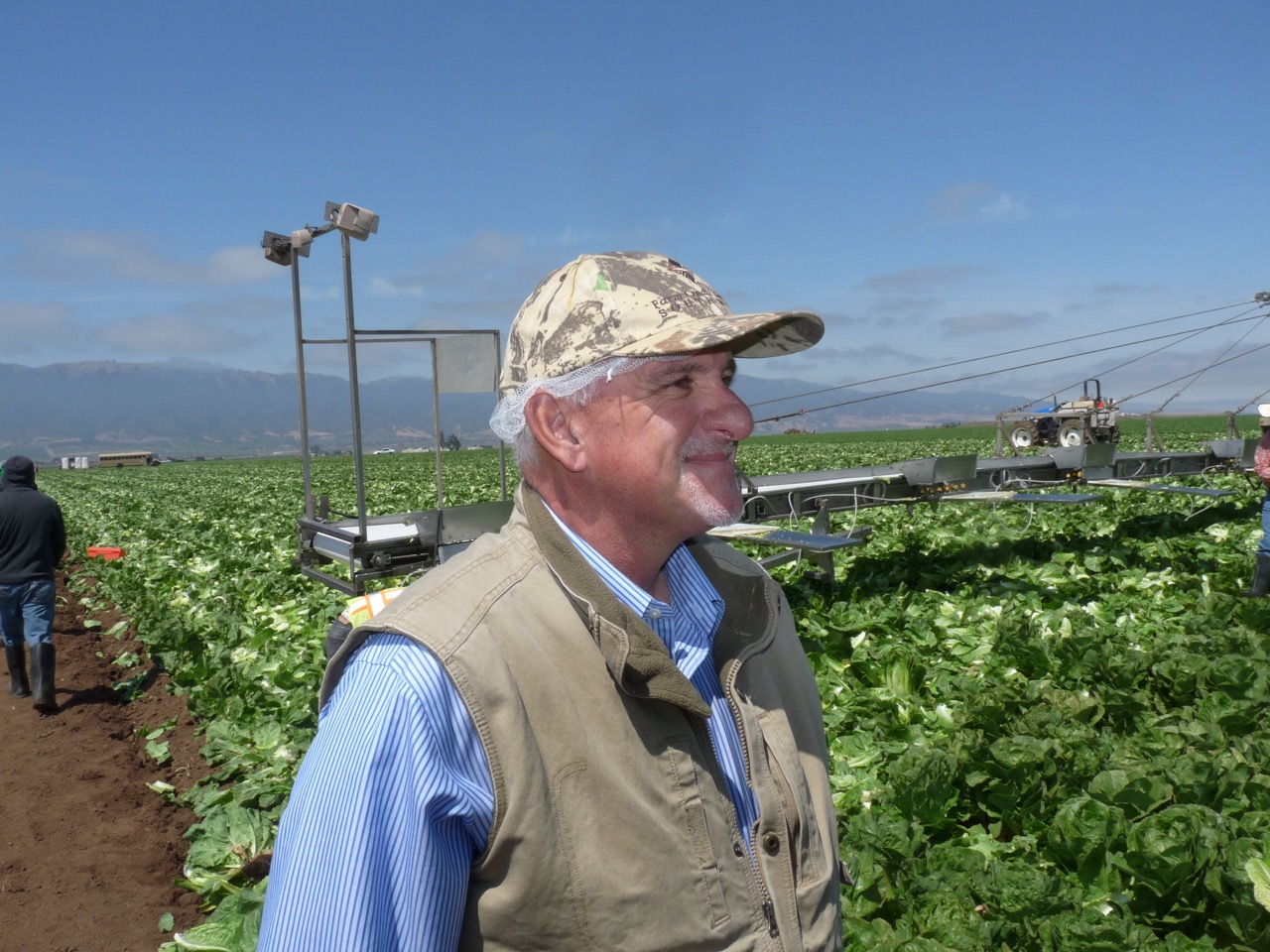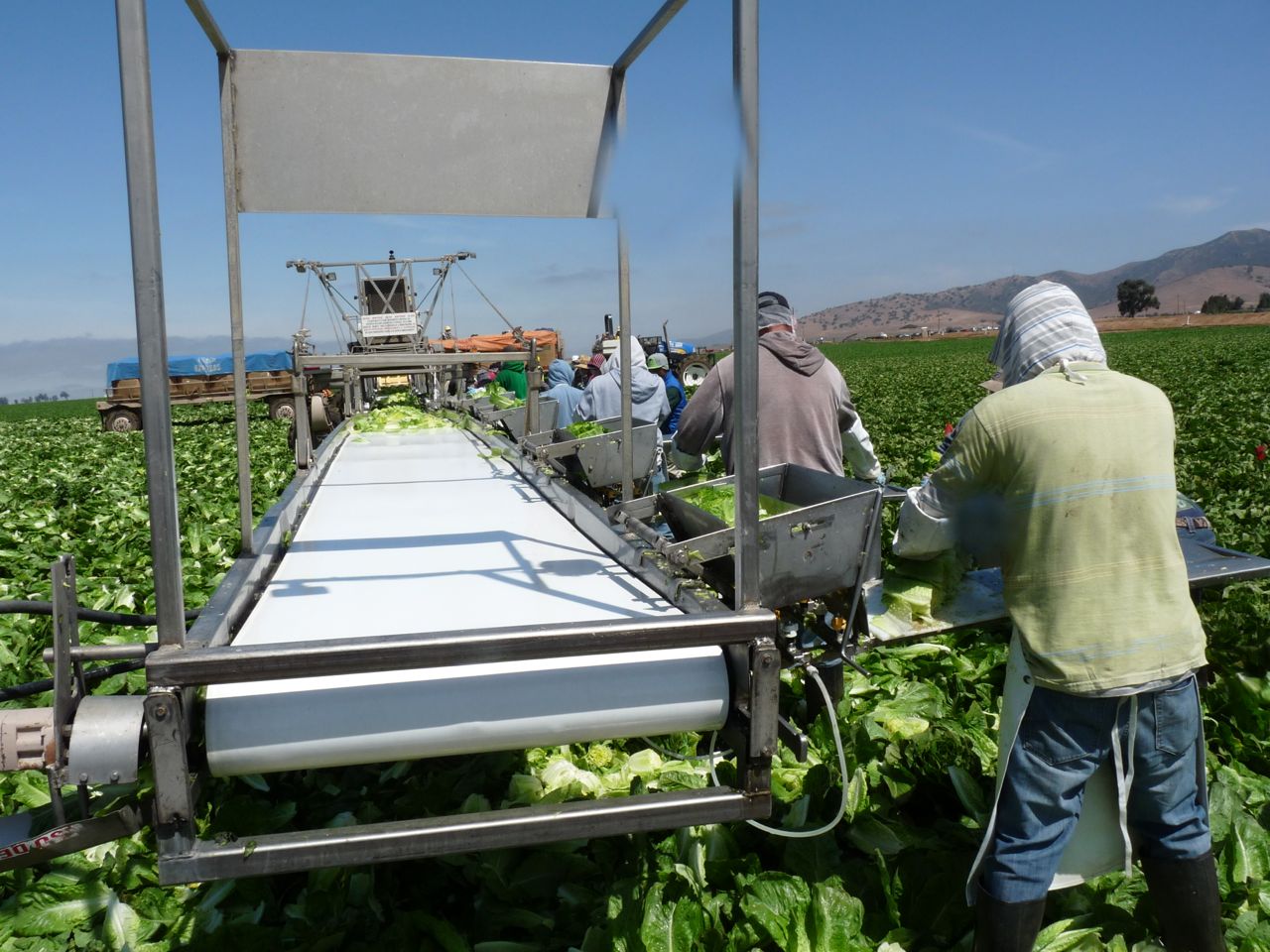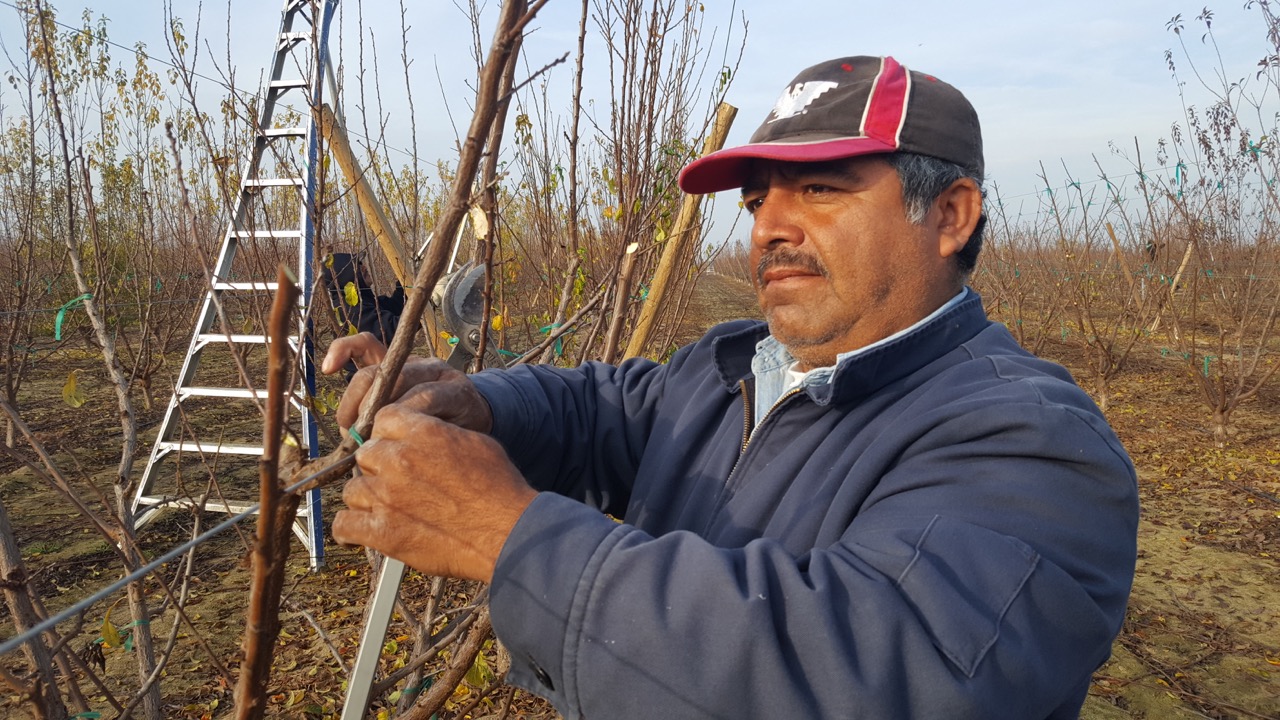Labor Contractor Fresh Harvest Deep in Vegetable Harvests
Fresh Harvest Relies on H-2A
By Jessica Theisman, Associate Editor
Steve Scaroni, along with his wife Brenda, owns Fresh Harvest, a premier labor provider, staffing and harvesting company for the agricultural industry in the western United States.
“Expansion for Fresh Harvest is coming, but the main emphasis is crops related to salads. They even expanded into citrus last year,” Scaroni said.
Fresh Harvest has also expanded into pears. Vegetables are the heart and soul of Fresh Harvest.
“Anything that goes into a salad, a lot of lettuce, romaine, broccoli; we touch a lot of salads every day,” he said.
The H-2A temporary agricultural program allows agricultural employers who expect a shortage in domestic workers to bring non-migrant foreign workers to the U.S. to perform agricultural services for a temporary or seasonal nature.
“If it wasn’t for H-2A, I wouldn’t be in business,” Scaroni said.
Scaroni explained that the H-2A gets legal workers to serve his customers demands for the services he offers. A majority of the demands are labor and harvesting, along with other farm services.
“We’re bringing up 100 irrigators this year to put throughout the Salinas Valley because our Salinas customers can’t get enough irrigators,” he said.
Laborers that show great work ethic will be able to work for a longer period of time. A worker could technically stay if moved from contract to contract.
“If the timing works, he gets up to three years, but then he has to go back for 90 days,” Scaroni said.















